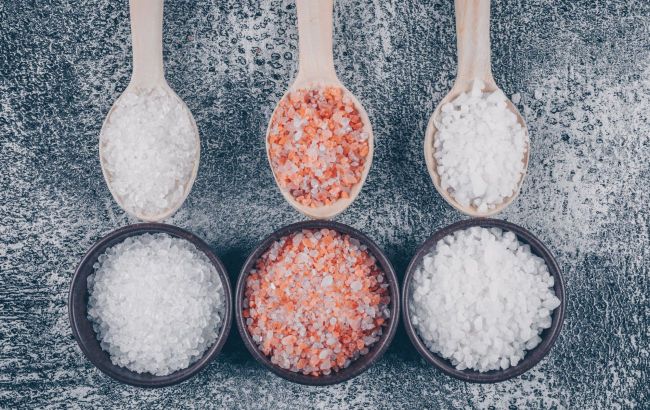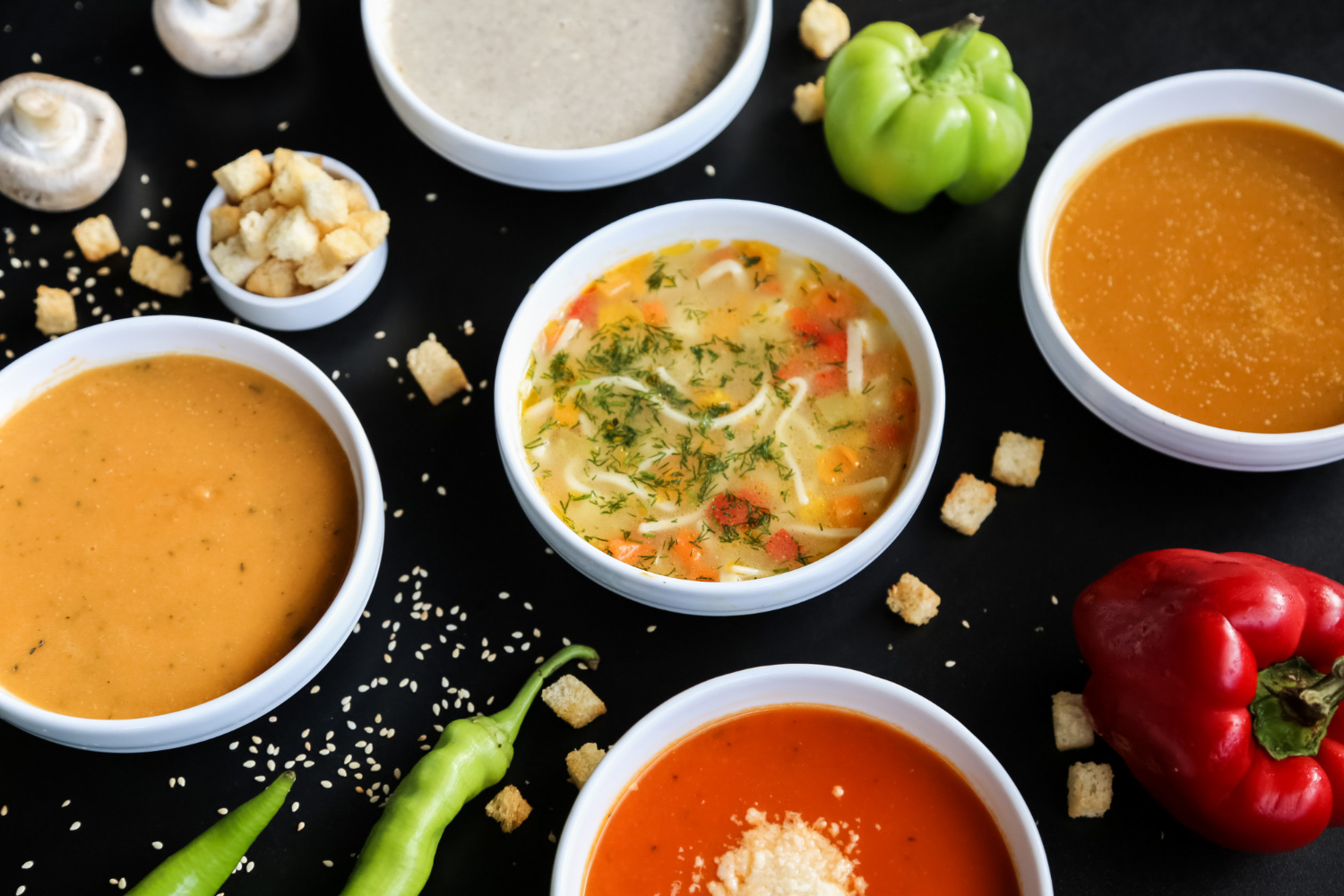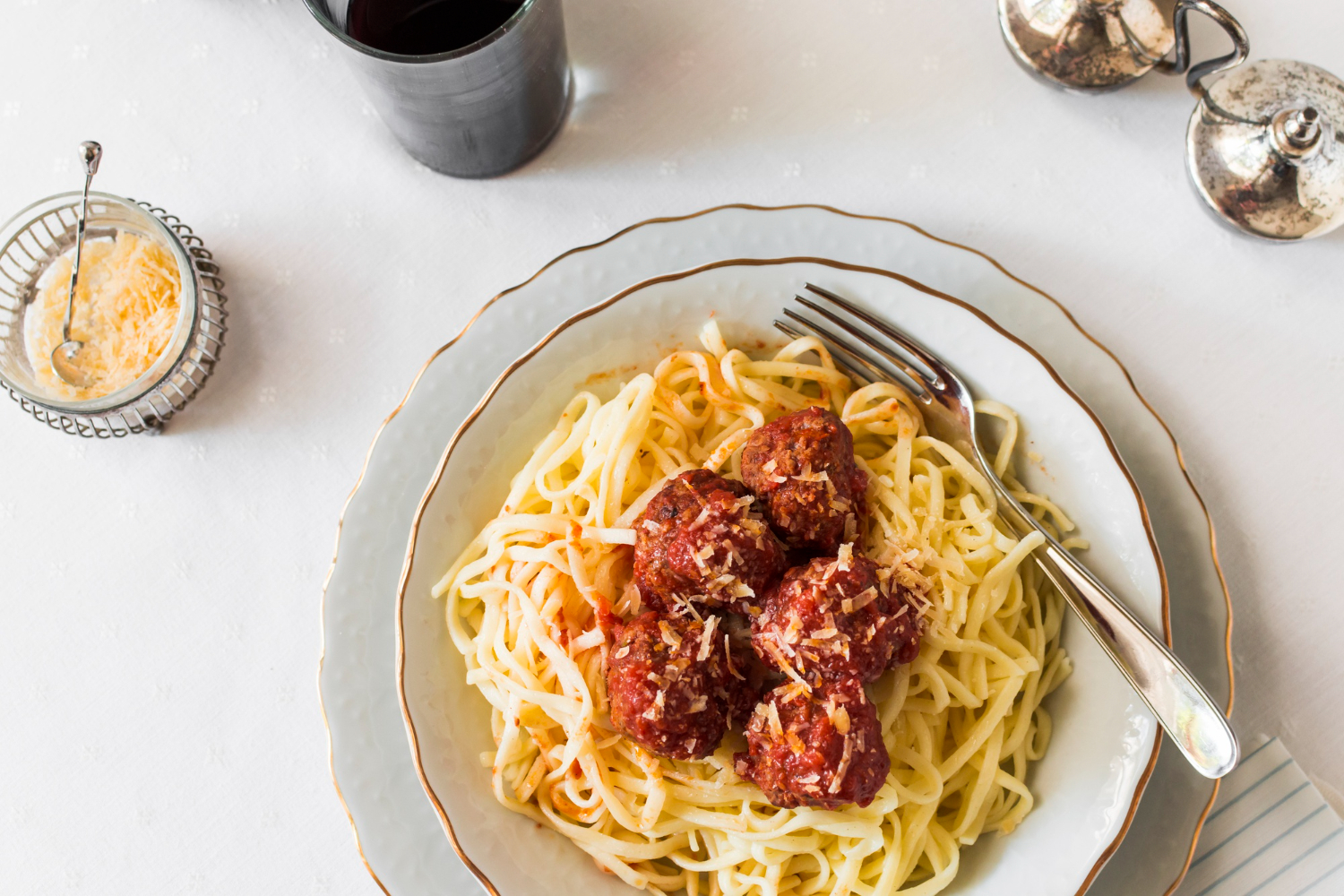Which salt is best for cooking soup, pasta, meat, and more
 How to use salt to make food taste better (photo: Freepik)
How to use salt to make food taste better (photo: Freepik)
Choosing the right salt can significantly impact the flavor of your dishes. There are many types of salt, each with its unique properties, best suited for specific foods.
Soups
For soups, it is recommended to use sea salt. It has a mild, light flavor that doesn't overpower the taste of the other ingredients in the dish.

Which salt to use for soups (Illustrative photo: Freepik)
Some chefs also use herb or spice-infused salt to add extra flavor to the soup.
Pasta
For pasta, coarse salt is the best choice. You can add it to the water while cooking the pasta or sprinkle it on the finished dish.

Which salt is best for pasta (Illustrative photo: Freepik)
You can also use French Fleur de Sel (the most refined form of sea salt, often called "the caviar of salt") or garlic salt (a classic combination of traditional table salt with granulated garlic that adds extra flavor, aroma to the dish).
Meat and fish
For meat and fish, culinary experts recommend using rock salt, which has a pronounced flavor that pairs well with these products.

Which salt to use for meat and fish (Illustrative photo: Freepik)
Additionally, you can use herb or spice-infused salt to add extra flavor to meat or fish.
Vegetables
When cooking vegetables, famous chefs typically use sea salt. It enhances the natural flavor of the vegetables without overpowering it.

Which salt to use for vegetables (Illustrative photo: Freepik)
Herb or spice-infused salt can also be used to add extra flavor to vegetables.
Baking and desserts
For baking and desserts, fine salt is best. Ideally, it should be added to the dough. However, some prefer to sprinkle it on the finished baked goods. In general, salt in baking should be used to balance the sweetness.

Which salt to use for baking (Illustrative photo: Freepik)
Experiment with different types of salt and methods of using it to find what you like best.
However, it’s important to remember not to use too much salt, as it can spoil the taste of your dish.
By the way, we previously wrote about which foods should not be blended in a blender.
Sources: The Kitchn, Bon Appétit, Tasting Table, Food52.

